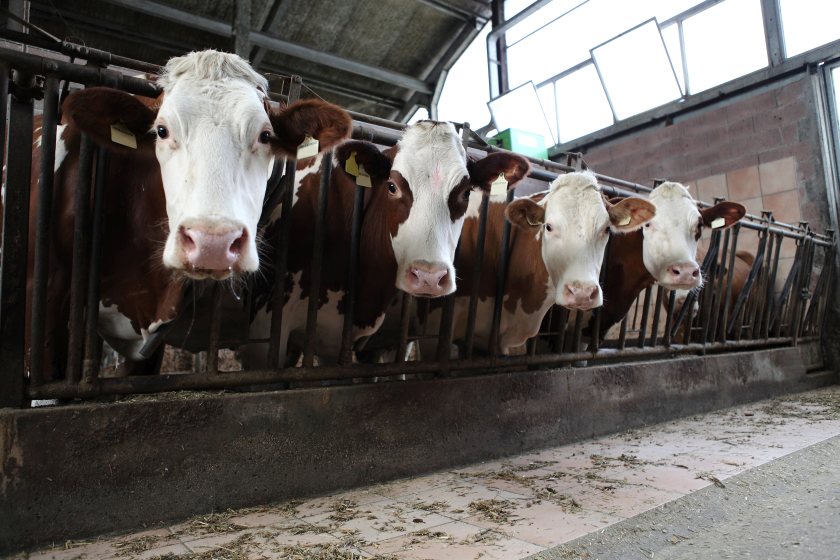
As artificial intelligence sweeps through farming, vets are warning that technological progress must not come at the expense of animal welfare.
The British Veterinary Association (BVA) will host a session titled AI on Farms: Is It Good for Vets and Animal Welfare? at this year’s London Vet Show, where experts will explore both the benefits and ethical challenges of using AI on farms.
The discussion comes as AI tools become increasingly common in veterinary practice. It follows an earlier debate at BVA Live in June, where vets discussed the growing role of the technology across both clinical and non-clinical settings.
Across the agricultural sector, AI is already changing how animals are managed. On some farms, wearable sensors track milk yield and movement to detect early signs of illness, while automated cameras monitor lameness or feeding behaviour.
Data-driven decision-making is becoming a routine part of herd management, and AI-assisted analysis is helping farmers respond faster to potential health or welfare problems.
According to BVA’s Voice of the Veterinary Profession survey, one in five vets in clinical practice now use the technology. Reported advantages include faster data interpretation, improved diagnostic testing, and time savings.
However, the most common risks include results being interpreted without context or follow-up checks, overreliance on AI that could erode professional skills, and concerns over data protection.
Interestingly, the survey found that 41% of farm animal vets feel positive about AI’s role in the profession, compared with 29% of companion animal vets, suggesting farm vets may be more open to the technology’s potential.
BVA Junior Vice President Dr Gwen Rees said the discussion comes at a crucial moment for the profession. “The AI revolution presents an important opportunity for vets, particularly the potential benefits to diagnostic testing and interpreting large data sets, but it also comes with clear challenges and risks,” she said.
“With BVA’s position on the use of AI in the veterinary profession under development, this timely session will be a great opportunity to find out the latest about the use of AI tools on farms and address some of the ethical questions, including the impact on the relationship between vets, farmers and the animals under their care.”
She added that delegates will have the chance to question the panel and share their own experiences. “Delegates will have a chance to pose questions to our incredibly knowledgeable panel, and I hope many of you will join us to add your voice to the discussion.”
As technology continues to transform agriculture, the session aims to ensure that innovation strengthens — rather than replaces — the human insight and compassion at the core of veterinary care.
Vets, the BVA says, have a vital role to play in shaping how AI is used responsibly so that animal welfare, not automation, remains the guiding principle of progress.
The AI on Farms discussion takes place at the London Vet Show on 20 November 2025 at 1.30pm.
